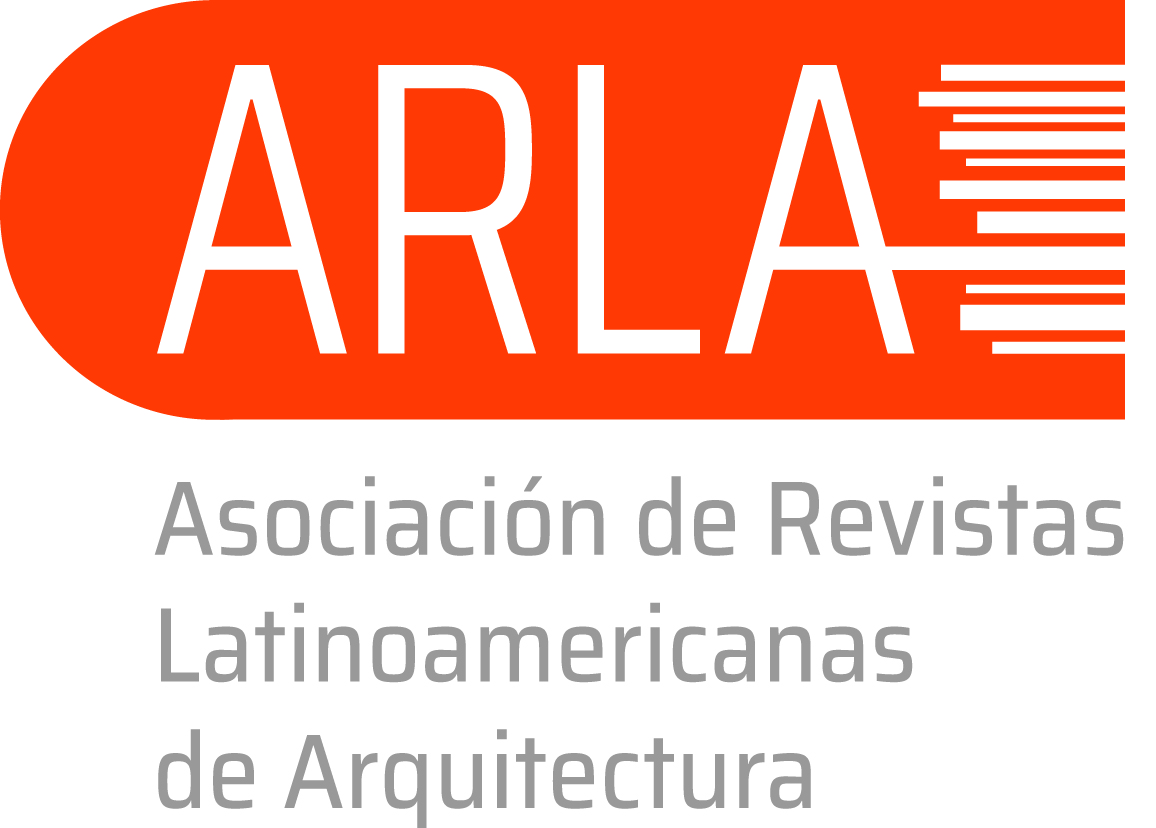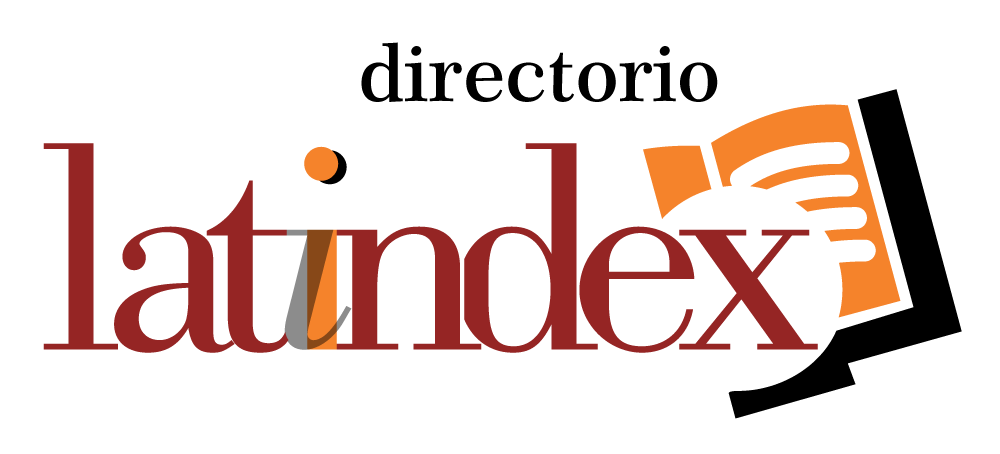Ecotourism for sustainable development in the municipality of Costa de Oro, Venezuela
DOI:
https://doi.org/10.56294/la2025182Keywords:
Ecotourism, Sustainable, Tourism Inventory, Zoning, Tourist Route, Carrying Capacity, Educational, Recreational, Tourist AwarenessAbstract
Sustainable development is the promotion of the well-being of communities, especially those located in environmentally significant areas and subject to some form of protection. As an alternative to contribute to their economic and social development, the state has proposed various social programs and laws that propose the preservation of the environment with a focus on sustainability and careful use of tourism resources, guaranteeing not only their existence but also their permanence as an economic activity that yields economic returns for the protection of the environment in order to safeguard its existence, through strategies designed within parameters based on the development of sustainable ecotourism. This study was carried out using the feasible project research method as a reference, supported by field and documentary research, the results of which made it possible to identify and characterize the cultural heritage and natural resources that characterize the geographical area studied. The study units provided relevant information for developing the indicators established in the table of variables and are represented by the inhabitants of the three communities located in the geographical area of Caserío Periquitos and its visitors. The proposal focused on three strategies: resource inventory, zoning, and studies of tourist carrying capacity. The proposal was defined based on the recommendations made by the members of the populations under study and the legal framework on environmental matters, as well as the regulations governing the use and enjoyment of natural resources. In addition to being innovative, since the state of Aragua has not implemented environmental tourism strategies of an educational and recreational nature that offer the environment and tourist awareness.
References
Arias, Fidias G. (1997) “El Proyecto de Investigación”. Caracas, Editorial Episteme, Segunda Edición.
Boullón, R (1991) “Planificación del espacio Turístico”. Segunda Edición. México. Editorial Trillas.
Bunge, M. (1969). “La investigación científica”. Barcelona: Ariel. Cantu, Pedro. Impacto Ambiental: s-f.
Ceballos, Lascuaráin. (1993) “Ecoturismo”
Da Costa J, (1993).Diccionario de turismo y hotelería. Caracas Venezuela. Panapo. “Metodología de la Investigación. Mc Graw Hill, México 1997
Hernández (2003) “Metodología de la investigación”. Grupo Editorial Iberoamérica, México.
Hurtado, (2002). El Proyecto de Investigación. Metodología de la Investigación Holistica. Fundación SYPAL. Caracas, Venezuela.
INPARQUES, (2009), Dirección General Sectorial de Parques Nacionales en Caracas. ”Monumentos Naturales”.
Instituto Geográfico de Venezuela Simón Bolívar (2010),
MINTUR. (2014) Ministerio del poder Popular para el Turismo.
Molina E. Sergio (1991). Turismo y ecología. México: Editorial Trillas.
Muñoz, P (2004). “Educación Ambiental y Ecoturismo”.
Ramírez, M. (1994).”Características de la Conciencia Turística”. 2da edición. Editorial Mc.Graw Hill. Caracas – Venezuela.
Rhodes Espinoza. (2010) Ecoturismo
Romero, H. (1991).”Conciencia Turística”. 2ra Edición. Editorial Panapo. Caracas – Venezuela.
Palella, Stracuzzi, S y Martins Pestana, F (2006). “Metodología de la Investigación”. Fondo Editorial de la Universidad Pedagógica Experimental Libertador. 2da edición. Venezuela.
Parada L., (2013), El Ecoturismo en el Mundo Contemporáneo: Una Propuesta para Colombia.
Pazos, R. (1996) “Conceptos básicos del turismo”. Caracas.
Pérez de las Heras, (1999). “La conservación de la naturaleza”. Madrid: Acento Editorial.
Sandoval. Carlos (2002) Investigación cualitativa. Instituto colombiano para el fomento de la educación superior ICFES. ARFO Editores e impresores Ltda Diciembre de 2002
Universidad Experimental Libertador (2002). Manual de Trabajos de Maestrías y Tesis Doctorales.
Vanegas G., 2006 Ecoturismo Instrumento Para Desarrollo Sostenible, Ecoturismo Y Turismo Sustentable,
Wearing, S y Neil, J (1999). ”Ecoturismo”. Editorial Síntesis. Madrid.
Published
Issue
Section
License
Copyright (c) 2025 Saavedra Peña, Francis Soledad, González García Hebandreyna, González Francés Carmen Cecilia (Author)

This work is licensed under a Creative Commons Attribution 4.0 International License.
The article is distributed under the Creative Commons Attribution 4.0 License. Unless otherwise stated, associated published material is distributed under the same licence.






